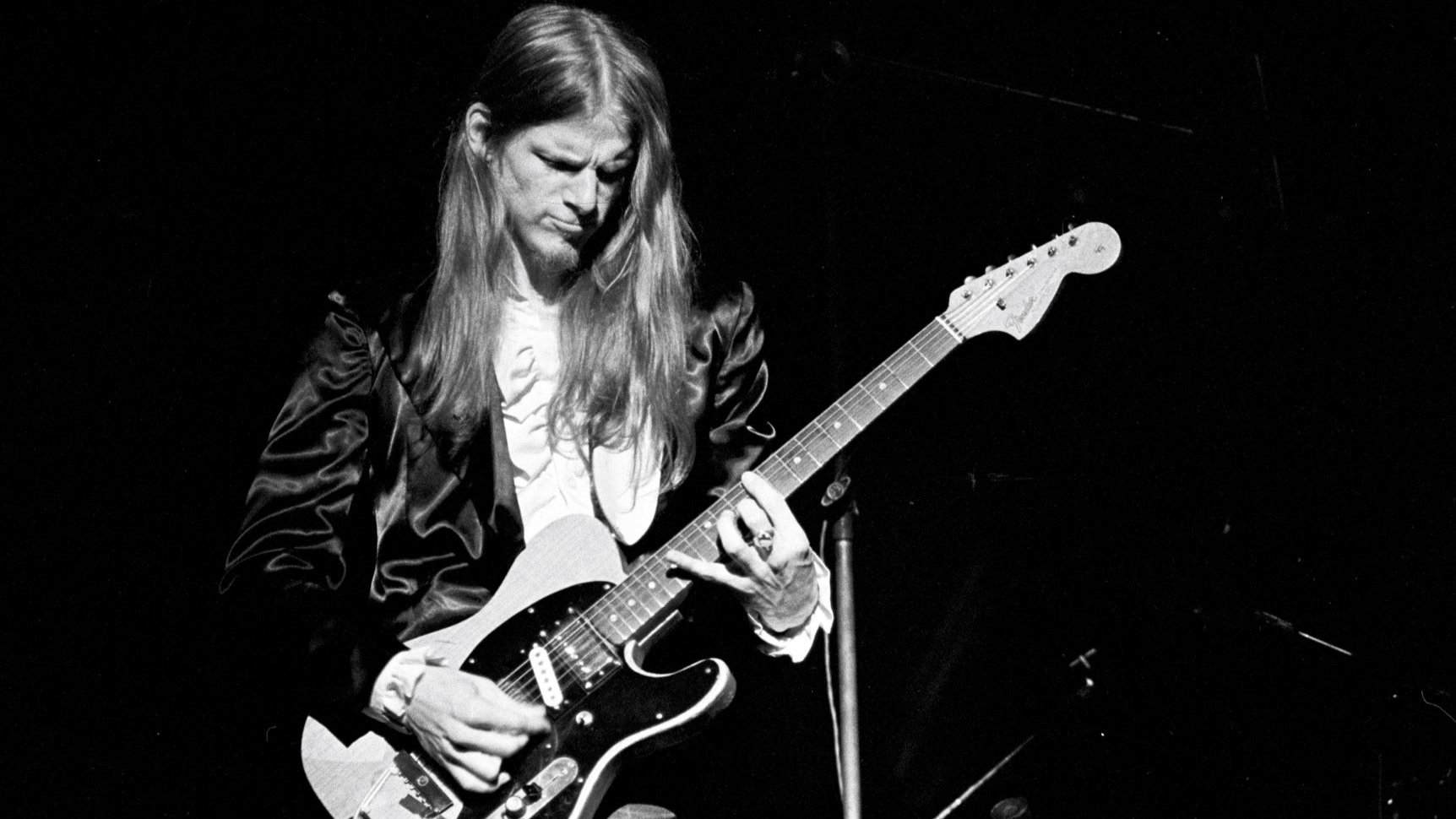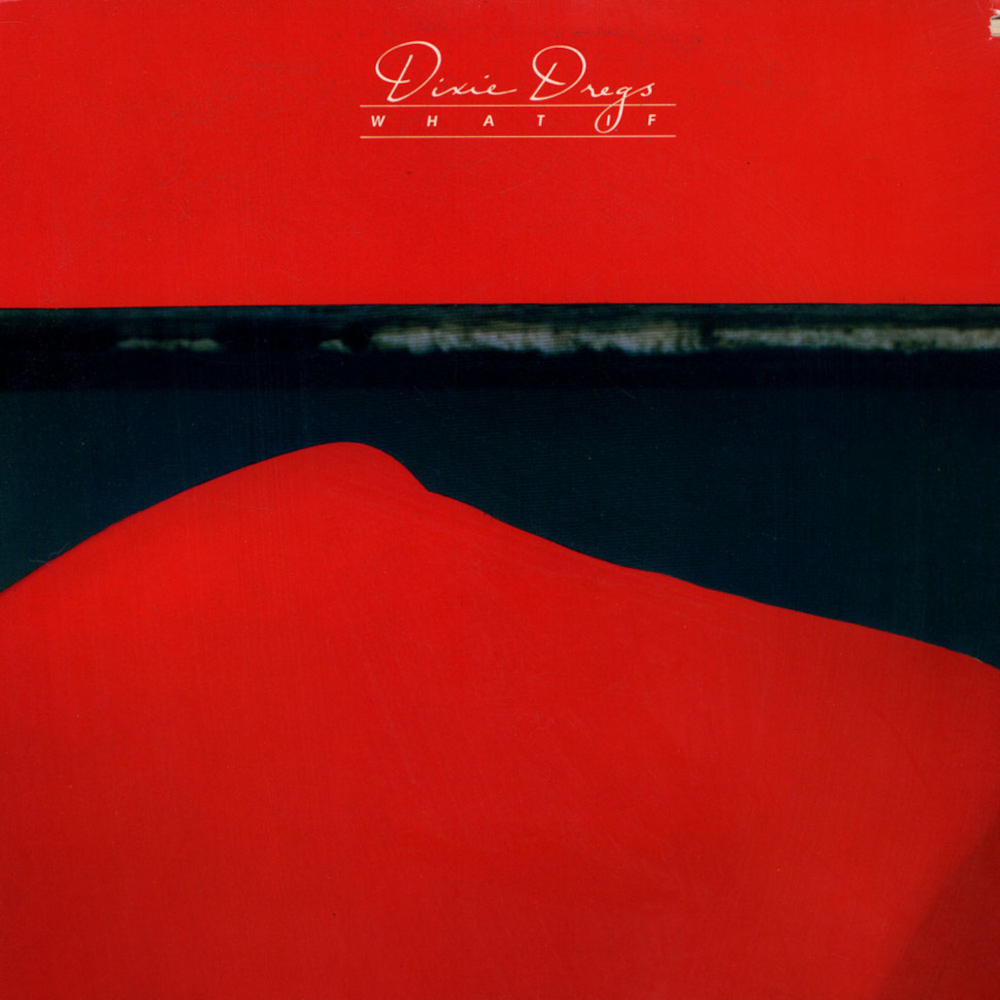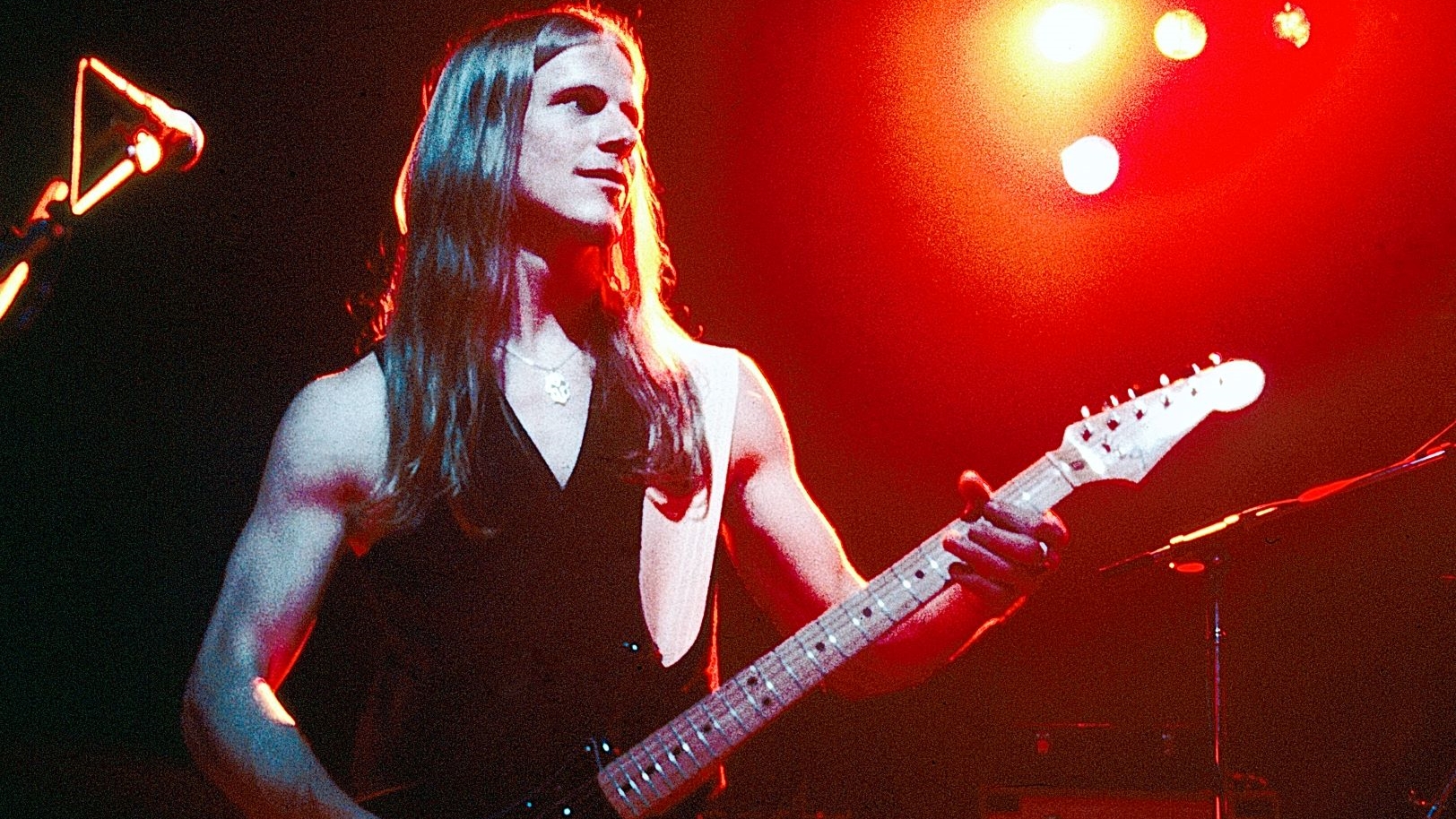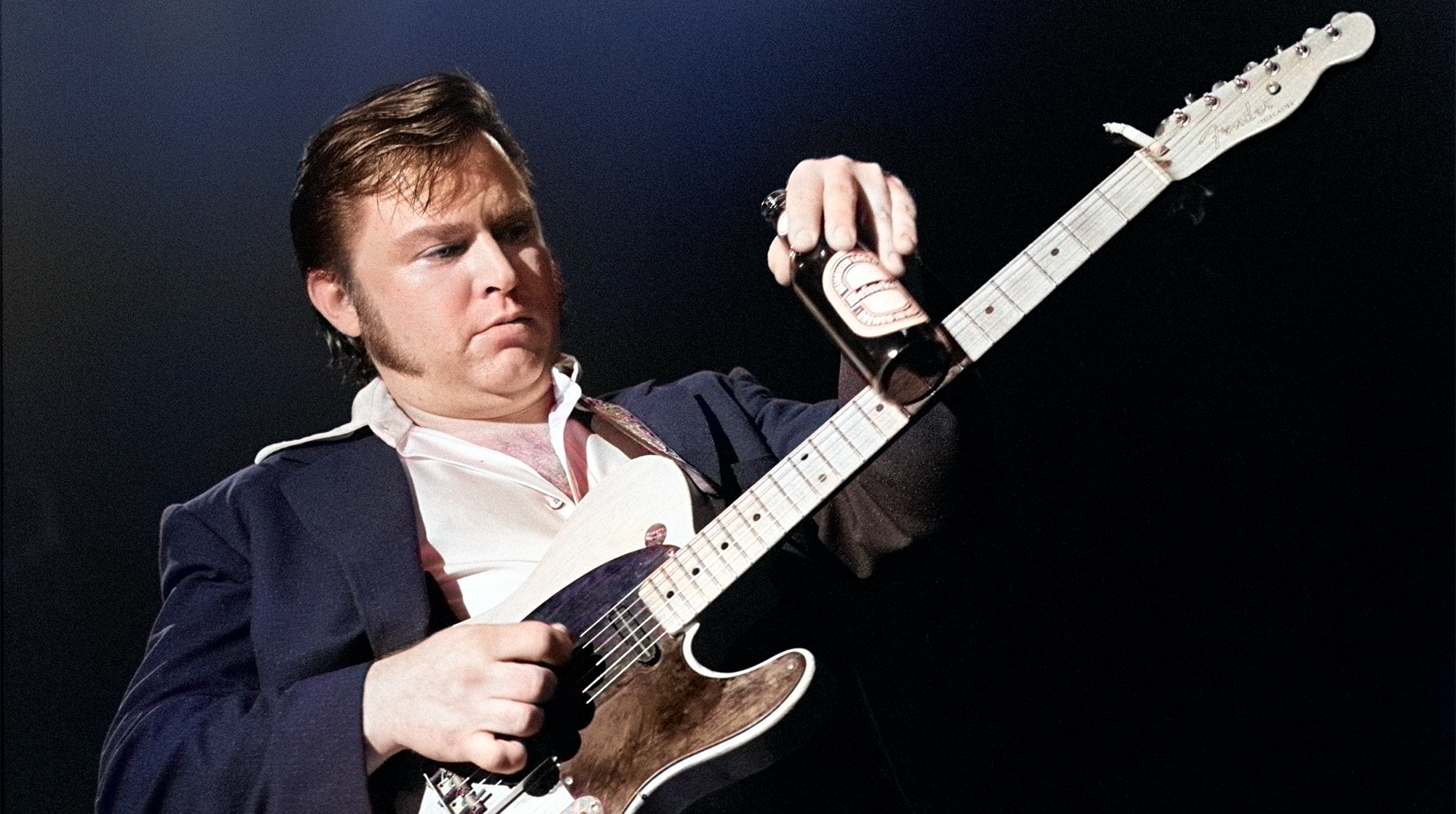
“A lot of our songs are very complicated, but this is one of our most straightforward tunes,” says Steve Morse, speaking about “Take It Off the Top,” the high-octane, fun and frisky prog-rock instrumental that kicked off the Dixie Dregs’ second album, 1978’s What If.
“At the time, our road manager said to us, ‘It’s good to finally hear you play straight-up rock and roll for a change.’ I was trying to be as to the point as possible, but leave it to me to throw in a bunch of stuff that destroyed any chance at commercial success.”
It kept us off the charts, but it won us fans who stayed with us
Steve Morse
Even though What If failed to ascend higher than number 182 on the Billboard Hot 100, “Take It Off the Top” became an instant favorite among Dixie Dregs devotees.
As Morse notes, “My style is what it is. I’ll go along for a few bars, but then I’ll veer off into jazz guitar or classical. It kept us off the charts, but it won us fans who stayed with us.”
SCIENCE FRICTION
Soon after the release of the Dregs’ 1977 debut album, Free Fall, Morse started tinkering with a sparkly, pinch-harmonic riff that he hoped would grow into a song.
“I went over to my friend [Allman Brothers keyboardist] Chuck Leavell’s house to see if we could write something,” he says.
“We didn’t get past what I had, though he did add a bit of comping to it. It started out really rock – my love of Jimmy Page and Jeff Beck – but I began to add a bunch of contrapuntal elements to the bridge. My jazz side was coming through.”
All the latest guitar news, interviews, lessons, reviews, deals and more, direct to your inbox!
My jazz side was coming through
Steve Morse
Gradually, Morse worked up enough of a melody over a chord pattern to call it a song, but he would only show it to the rest of the band a few sections at a time.
“As soon as they got a part down, I would change it,” he says. “I was like a mad scientist, always refining. They would get mad at me: ‘Didn’t you just show that to us in C sharp?’ And I’d be like, ‘Yeah, but it’s better now. Trust me.’”

GREAT SCOTT
For What If, the band sought out celebrated producer/engineer Ken Scott, not so much for his work with the Beatles or David Bowie but because of his production of the Mahavishnu Orchestra.
“Those guys were our heroes,” Morse says, “so we were eager to work with Ken. We felt like we were graduating to the next level.”
At L.A.’s Chateau Recorders, the band ran down a few takes of “Take It Off the Top,” none of them varying too much from the arrangement they had been playing live.
Everything Ken [Scott, producer/engineer] did was incredible. Suddenly, the guitar and drums sounded huge
Steve Morse
“The only things that kept changing were my solos, which I overdubbed,” Morse says. “Ken was great about letting me try out whatever I wanted.”
The guitarist also raves about Scott’s sonic skills. “He introduced us to distant miking and different ways of getting reverb – things we knew nothing about,” Morse says.
“We put my guitar amp in a bathroom. I’d never tried that. Everything Ken did was incredible. Suddenly, the guitar and drums sounded huge.”

LOVE FROM ENGLAND
Morse remembers the response from Capricorn Records, the band’s label, as being positive, but radio programmers just wouldn’t bite.
“It was just too progressive for everybody at the time,” he says. Things weren’t much better in the U.K. “Melody Maker wrote ‘Take it off… please,’” Morse recalls.
“That was the entirety of their review, and it pretty much sealed our fate in England for a while.”
The band did find one fan in the U.K., however – disc jockey Tommy Vance, host of the popular BBC Radio 1 Friday Rock Show. Vance used “Take It Off the Top” as his theme song during the show’s run, from 1978 to 1993.
If there were royalties from it, they must have gone somewhere. They didn’t go to me
Steve Morse
“That was a nice surprise,” Morse reveals. “We found out about it after the fact.” He laughs. “If there were royalties from it, they must have gone somewhere. They didn’t go to me.”
Nonetheless, “Take It Off the Top” remained a staple of the Dregs’ live performances for years. The only times it wouldn’t be in the set was when the band played an earlier rocker, “Cruise Control.”
“The two songs sort of sat in the same lane, and we always tried to have a lot of variety in the set list,” Morse explains.
“But the fans always loved it, and we had a great time playing it. Sometimes we would throw in bits of other songs, like ‘Mississippi Queen.’ I have a lot of fond memories of those gigs.”
Buy What If here.

Joe is a freelance journalist who has, over the past few decades, interviewed hundreds of guitarists for Guitar World, Guitar Player, MusicRadar and Classic Rock. He is also a former editor of Guitar World, contributing writer for Guitar Aficionado and VP of A&R for Island Records. He’s an enthusiastic guitarist, but he’s nowhere near the likes of the people he interviews. Surprisingly, his skills are more suited to the drums. If you need a drummer for your Beatles tribute band, look him up.
